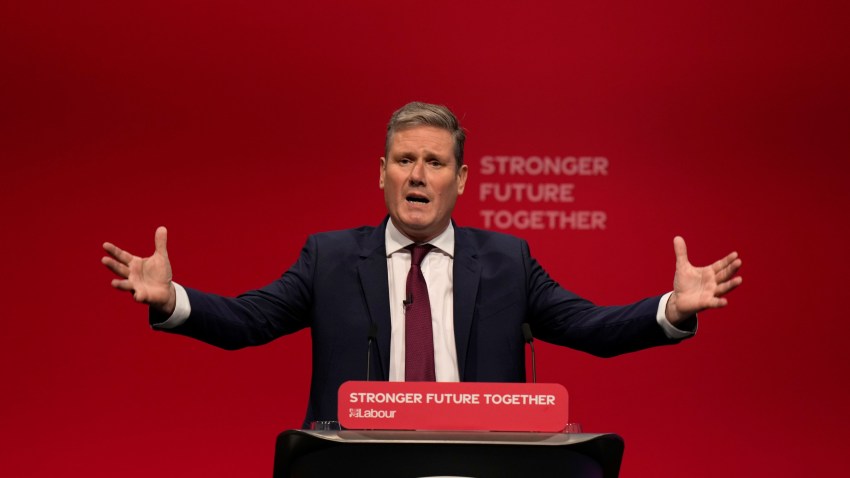In a political culture that celebrates audacity yet rarely practices it, Gordon Brown’s first announcement upon becoming chancellor of the exchequer in May 1997 stands out as a transformative moment in British politics: A week after the Labour Party under Tony Blair’s leadership defeated a moribund Conservative government in a landslide, Brown granted full operational independence to the Bank of England, signaling Labour’s intention to usher in a new era.
Though a public consensus over protecting monetary policy from partisan political meddling had coalesced before the 1997 election, the speed with which Brown reshaped a core aspect of British economic life stunned businesses and state institutions. With one roll of the dice, a new Labour government secured credibility among businesses and financial markets—and with it the room for maneuver needed to rebuild British public services, which had fallen into a state of disrepair under its Conservative predecessors.
More than 25 years later, the U.K. finds itself in a much deeper structural crisis than in 1997, when a mix of hope and discontent at a time of booming economic growth created the foundations of Brown and Blair’s electoral triumph. The global financial crisis of 2008 hit the U.K. financial services sector hard. After Labour’s defeat in 2010, former Conservative Prime Minister David Cameron imposed huge spending cuts from which British public services have never recovered. The narrow victory for those who wanted to leave the European Union in the Brexit referendum of 2016 generated economic uncertainty, exacerbated by the difficulty in negotiating a withdrawal agreement with the EU.

